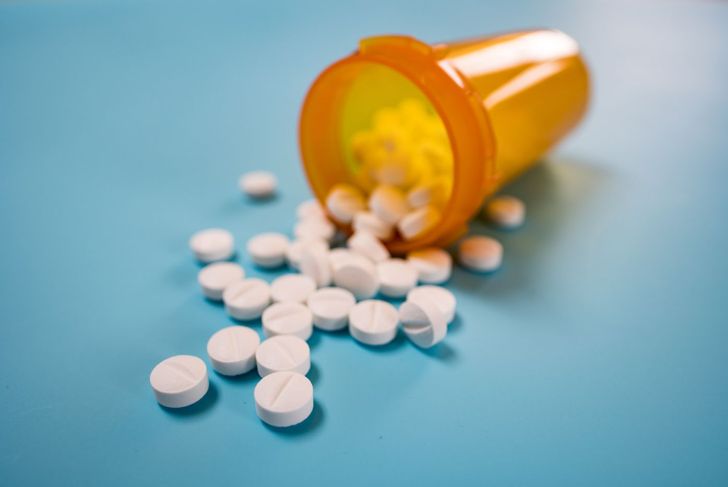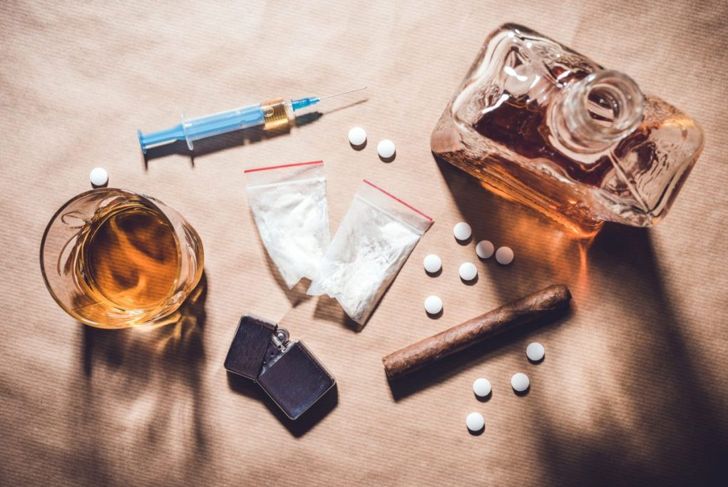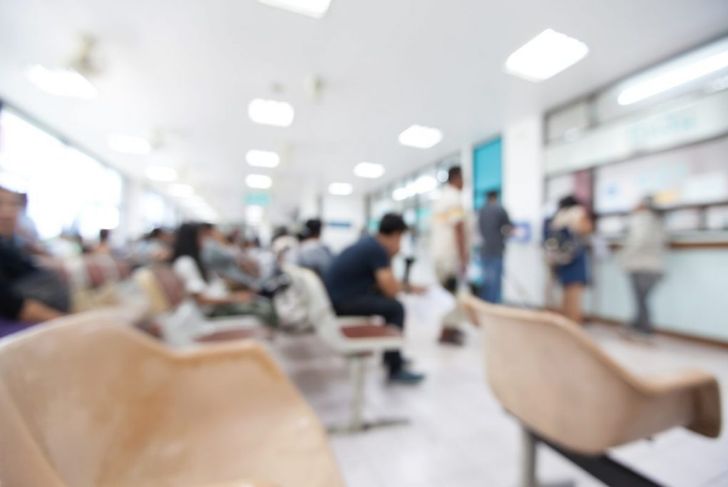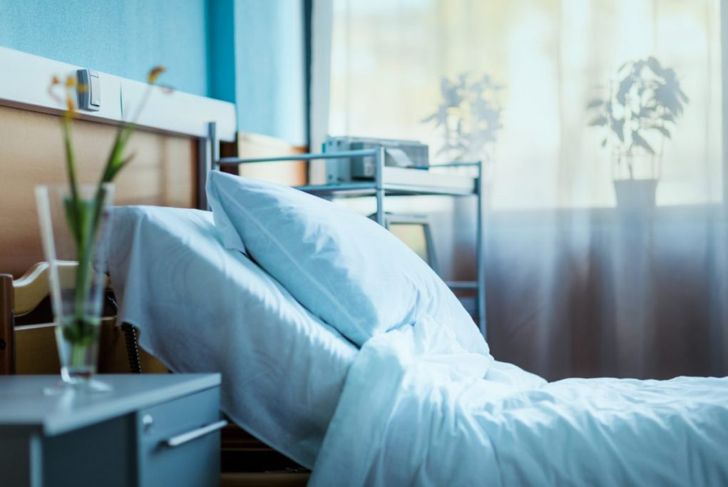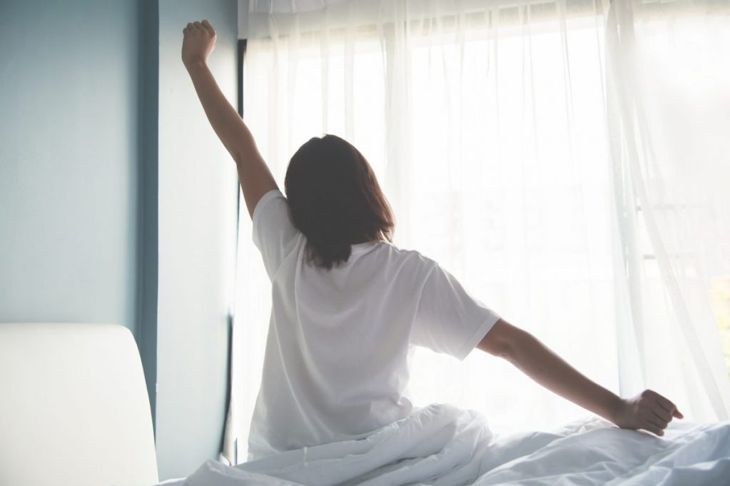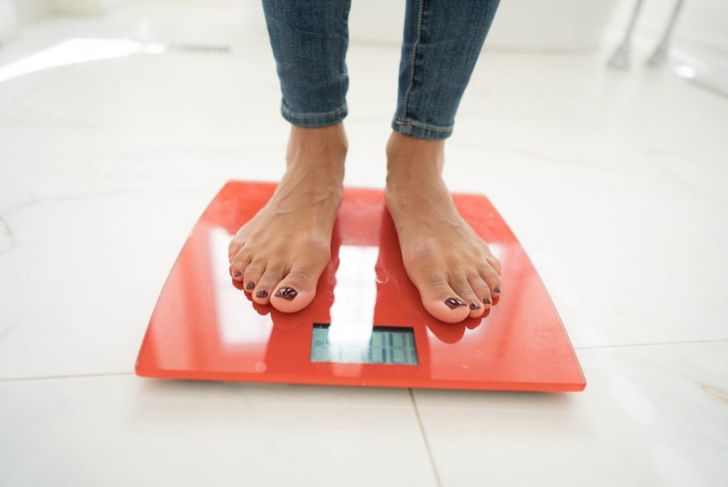Bipolar disorder, sometimes called manic-depression, occurs when a person alternates states of extreme depression with manic behavior. During a depressive state, a person may experience sadness or hopelessness, and guilt. Fatigue, restlessness, difficulty concentrating, and weight loss are other commonly seen symptoms. In extreme cases, the person may become suicidal. While a manic episode is occurring, the person will feel an extreme high. They may be abnormally talkative and energetic and will likely make poor decisions and engage in risky activities. Their self-confidence is generally really high during these times and the need for sleep is quite low. There are many possible treatments for bipolar disorder.
Psychotherapy
Psychotherapy is a long-term treatment. Patients in psychotherapy will typically discuss effective coping strategies to deal with their illness and the mood changes that it brings. Medication and symptom management are also common topics. However, psychotherapists do not generally prescribe medication. Doctors often recommend people with bipolar disorder attend regular psychotherapy sessions.
Prescription Medications
There are multiple pharmaceutical remedies available to combat the symptoms of bipolar disorder. Doctors may prescribe antidepressants, antipsychotics, mood stabilizers, or anti-anxiety medication to people with bipolar disorder. People with bipolar disorder often require prescription medication to manage their symptoms throughout the entirety of their lives. Although medication may be helpful in the management of bipolar symptoms, it is often necessary to combine it with other treatment options.
Group Counseling
Group therapy provides people with bipolar with an outlet to discuss their symptoms openly with others who understand the ups and downs of the disorder. Many people benefit from being a member of a community of their peers. Bipolar is a unique disorder with drastic mood changes. Only those who have experienced it can truly understand the impact this disorder has on the affected individual and their families. Therefore, the support of others with similar experiences is an important part of treatment for many people with bipolar.
Substance Abuse Treatment
It’s not uncommon for those with bipolar disorder to turn to drugs or alcohol abuse to cope with their symptoms. Unfortunately, however, these coping mechanisms can cause symptoms to worsen. Drugs and alcohol may lead to people with bipolar experiencing more intense episodes of mania, as well as longer bouts of depression and more suicidal tendencies. Part of treating bipolar disorder may involve drug or alcohol detoxification and rehabilitation programs. Once recovery begins, individuals with bipolar can focus on the appropriate treatment of symptoms.
Day Treatment Programs
Day treatment programs provide individuals with part-time hospital care in a clinical setting. Doctors will refer patients to these programs when they do not require hospitalization, but can still benefit from treatment in a clinical setting. Day treatment programs provide people with bipolar disorder with intensive counseling, medical care, and nursing staff who will monitor and administer any medications they require.
Hospitalization
When bipolar disorder gets out of control, hospitalization may be required due to suicide attempts or suicidal behavior or because episodes of mania are placing them or others in dangerous situations. Depending on the severity of symptoms and efficacy of treatments, hospitalization may last anywhere from several days up to several months.
Relaxation techniques
Although simple relaxation is not a cure for bipolar disorder, relaxation techniques may help people with the condition feel some relief from their symptoms. Activities such as yoga, massage, and meditation promote a sense of peace and well-being. This can lead to less stressful episodes of mania and shorter episodes of depression for some people with bipolar.
Interpersonal and Social Rhythm Therapy
Interpersonal and social rhythm therapy is a mode of psychotherapy that aims to increase the regularity of day-to-day tasks. This therapy focuses on increasing the patterns of daily routines and coping with daily and social stresses using an interpersonal approach. The goal of interpersonal and social rhythm therapy is to promote a sense of wellness by taking the unexpected out of the equation. A routine of sleep, eating, and activity will assist people in preparing emotionally for the day ahead.
Acupuncture
Even though many studies have proven acupuncture to be ineffective in the treatment of the bipolar disorder, many people with the condition are still finding the treatment helpful. Acupuncture intends to redirect the flow of energy within the body by placing needles on different points in the body. Many people believe this method successfully alleviates the symptoms of bipolar disorder.
Lifestyle Changes
Doctors often recommend that people with bipolar disorder make adjustments to their lifestyle. This includes changes to diet, sleep, and activity to achieve a healthy weight, as well as ceasing smoking or drinking in some people. These changes certainly won’t cure bipolar disorder, but they do go a long way in helping to improve symptoms.

 Home
Home Health
Health Diet & Nutrition
Diet & Nutrition Living Well
Living Well More
More
